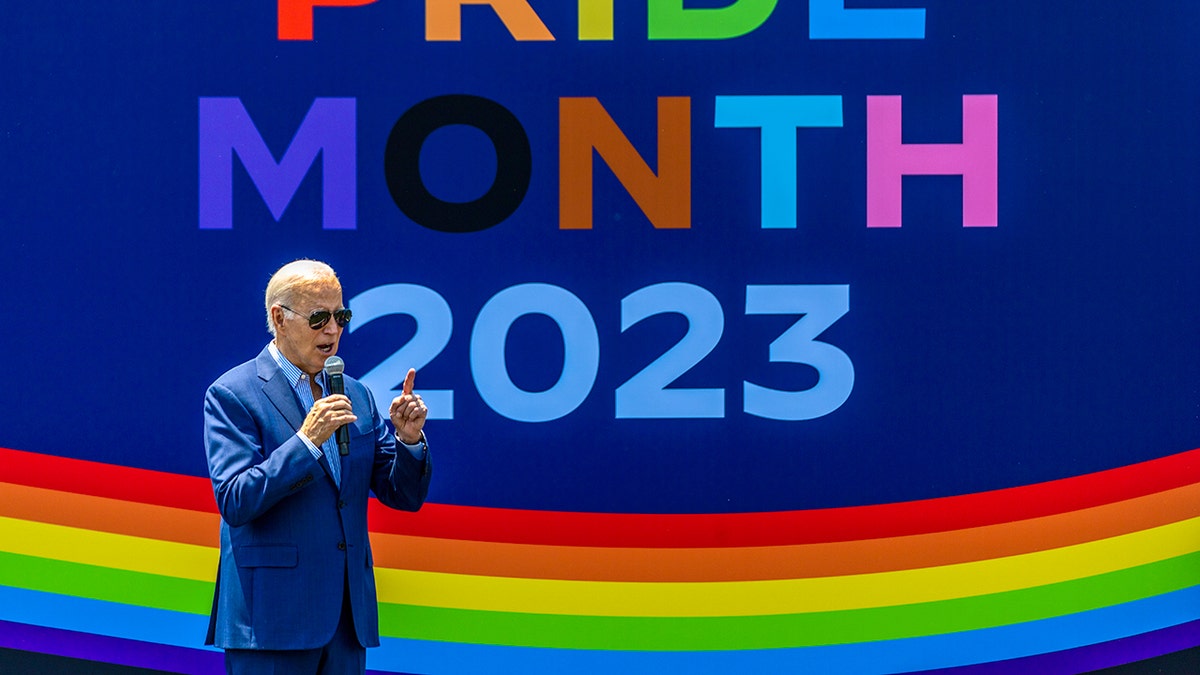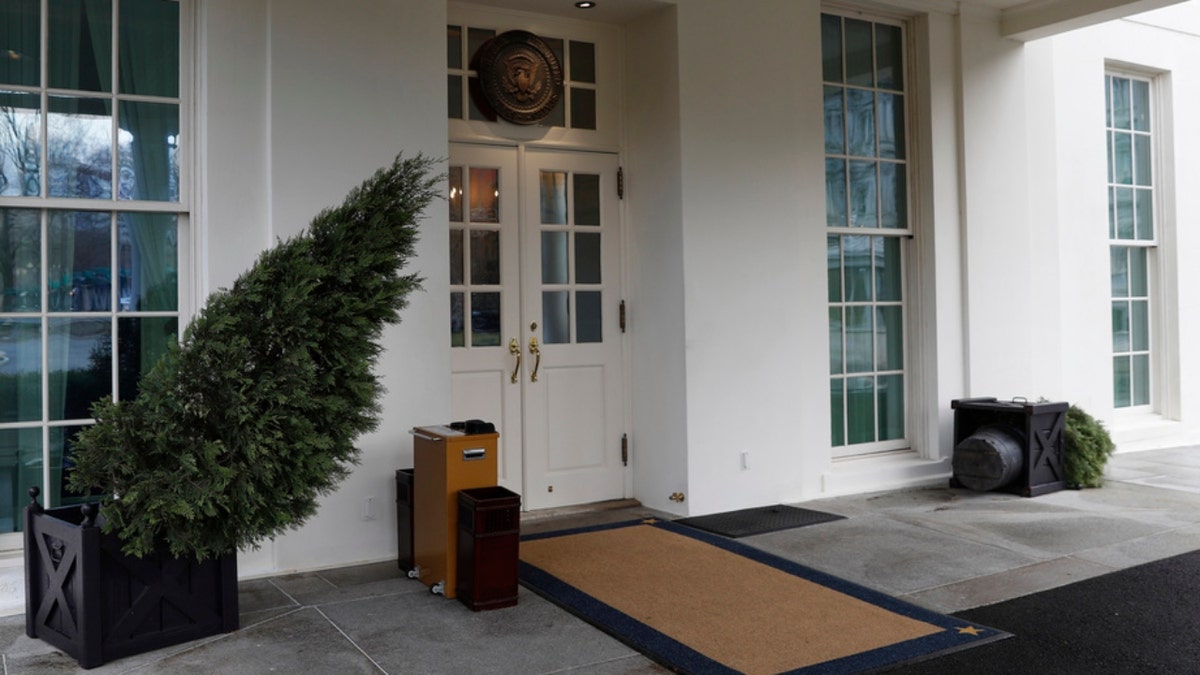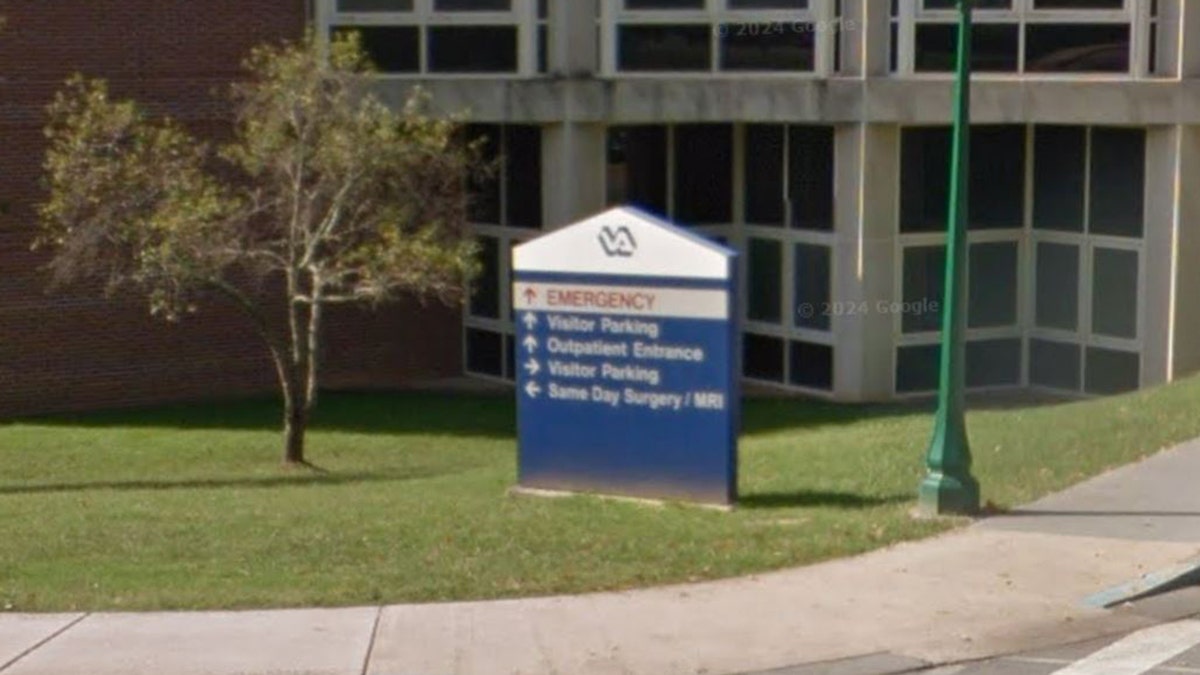Facing a significant $45 million budget deficit, West Virginia University (WVU) has initiated a comprehensive review of nearly half of its academic programs. This evaluation encompasses a wide range of departments, including law, engineering, mineral resources, education, arts, music, agriculture, English, mathematics, communications, chemistry, pharmacy, and public health. The university's decision to scrutinize these specific programs stems from an analysis of enrollment patterns since 2018.
WVU Provost and Vice President for Academic Affairs, Maryanne Reed, acknowledged the strain this process places on the university community, stating, "This has been a very stressful time... Even if your program or unit is not under direct review, you likely know someone who is impacted." However, she emphasized the necessity of these difficult decisions to secure the university's financial stability and future success. The objective of this review, according to WVU, is to better align academic offerings with student demand, career prospects, and current market trends, all while ensuring efficient program delivery.
Certain programs, along with the Potomac State and WVU Tech campuses and the WVU Extension Service, are exempt from this evaluation.

A general view of West Virginia University’s Woodburn Hall on April 24, 2015. (AP Photo/Raymond Thompson, File)
The timeline for the review process includes preliminary recommendations to individual colleges and departments by August 11, followed by an appeals process later that month. The WVU Board of Governors is expected to issue final recommendations on September 15, with staff and faculty reduction notifications anticipated in mid-October.
This review follows the Board of Governors' approval last month of a $1.2 billion budget for fiscal year 2024. This budget incorporates $7 million in staff reductions, affecting approximately 132 positions, including 38 faculty members. Furthermore, the board eliminated 12 graduate and doctoral programs and implemented a tuition increase of just under 3%.
University President E. Gordon Gee and other officials have attributed the budget shortfall, projected to potentially reach $75 million within five years, primarily to declining enrollment. WVU's student population has decreased by 10% since 2015. Additional contributing factors include inflationary pressures and increased premiums for the state's Public Employees Insurance Agency (PEIA), mandated by the state legislature earlier this year. President Gee acknowledged the difficulty of these changes but stressed the importance of adapting to secure the university's future, stating that "change is our friend, and it’s both necessary to get where we need to be and then to focus on our opportunities."








